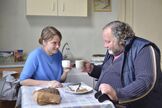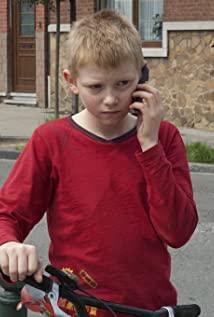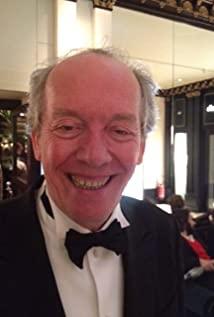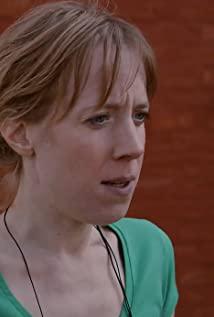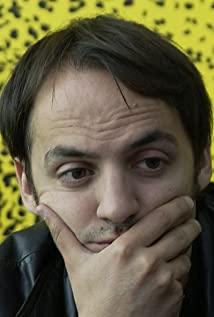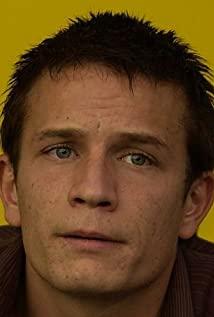(Text / Yang Shiyang)
Jenny was running on the streets, looking anxious, she went to one place after another, not letting go of any subtle clues, as a general practitioner, in the interval between treating various patients, she almost became a detective, Just to get the name of an unknown woman. This is the story of the Darnay brothers' controversial new book, The Nameless Girl. Compared with the famous "Two Days and One Night" before, the two stories have something subtle in common - about a woman who keeps running, calling and communicating. In "The Nameless Girl", Jenny's running is closer to dispelling moral anxiety.
It all started out of nowhere. Jenny's clinic is very busy. This small clinic has to receive all kinds of patients - from elderly people who can't take care of themselves, to refugees who have no identity and try their best to avoid going to the big hospital. In addition, she also needs to be a family doctor. Frequent doctor visits, not to mention a newly graduated intern. That night, the clinic was already off work. Someone rang the doorbell downstairs. The intern was about to open the door, but was stopped by Jenny. The next day, the police came to ask for help. Only then did Jenny know that the woman she had neglected had been killed. not far away.
The moral interrogation came suddenly and sharply. In fact, both from Jenny's own rationality and the attitude of everyone around her, including the police, they all believe that there is no necessary causal connection between the woman's death and Jenny's refusal to open the door. But the gates of conscience cannot be explained by reason. She felt again and again that if she answered the doorbell, everything might change. This becomes the first level of conflict: As a doctor, Jenny's job is to save lives, but this time, she's killing them. It became a huge irony of her personal daily life and the values she has always guarded. Jenny was a competent and motivated doctor, and the girl's death became a mockery of herself. It seems that all previous efforts to diagnose and treat patients have been professional performances rather than some kind of internalized moral drive.
What Jenny does next is also therapy—a therapy for the possibility of inner, moral, and spiritual placement. All she can do is find her identity for the nameless girl. To a certain extent, any external search for others is a compensatory way to search for something within oneself.
"The Nameless Girl" actually hides many hidden details. For example, sacrifice. Jenny has already got a very good job opportunity in a medical institution, but she chose to give up, took over the job of this small clinic, and even moved her home into the clinic to cope with every sudden call in the middle of the night or early morning. doorbell. This is the most direct form of atonement. The room where the patient was treated suddenly became a cage in which he was imprisoned. After that, many of the plots advancing the story actually coincided with certain social issues.
Jenny's daily job has always been to deal with all kinds of pain and sew up all kinds of wounds, and she started to trace the life experience of the nameless girl, which unexpectedly became an act of witnessing the pain and trying to sew up the wounds - just a kind of action. Diagnosis and treatment in social and political sense. The process of her running has become a process of re-entering life, re-entering contemporary European society.
The prostitution behavior of the gentle family man; the violence of the seemingly honest son against the elderly father; the sex trade and personal imprisonment hidden behind the ordinary small business; the truth of the holes and scars inside the boring and stable life of the middle class... Everything is slowly revealed in Jenny's search journey. She didn't want to pierce the protective film of life, but accidentally sneaked into the interior of life, and something she had never spy on before was displayed in front of her eyes. And this has achieved another psychological landscape, a new kind of indifference. If the refusal to open the door in the middle of the night was a kind of completely acceptable and unintentional "indifference", then now, it is a kind of indifference and apathy. Really helpless feeling of powerlessness.
Jenny sutured the wounds for the refugees, but they couldn't heal them all; morphine the man couldn't heal his lumbar spine; the boy's indigestion never recovered because she couldn't relieve his depression. Psychological barriers; and for those dying old people, she has no way to relieve their fears except for comfort and prescriptions... So, you will find that as a doctor, she can only diagnose and treat superficially, and she relieves certain There are some symptoms, but the lesions cannot be eliminated, but in the face of social diseases, she cannot even eliminate the symptoms. She could only watch, witness, and ignore it.
Identity anxiety and moral anxiety have been diffused throughout the film. The scene of the man who came to tell Jenny the truth and attempted suicide with a belt in the bathroom seemed to reflect the reality - helplessness, suffocation, in morality and temptation. Struggling between, even the liberation is halfway.
"The Nameless Girl" certainly isn't great in the Darney brothers' pedigree, and its narrative pacing and the emotionally narrated ending of the deceased sister could have been better. But it is like a light stroke, which still allows people to vaguely see the unbearable insides under the packaging.
View more about The Unknown Girl reviews






